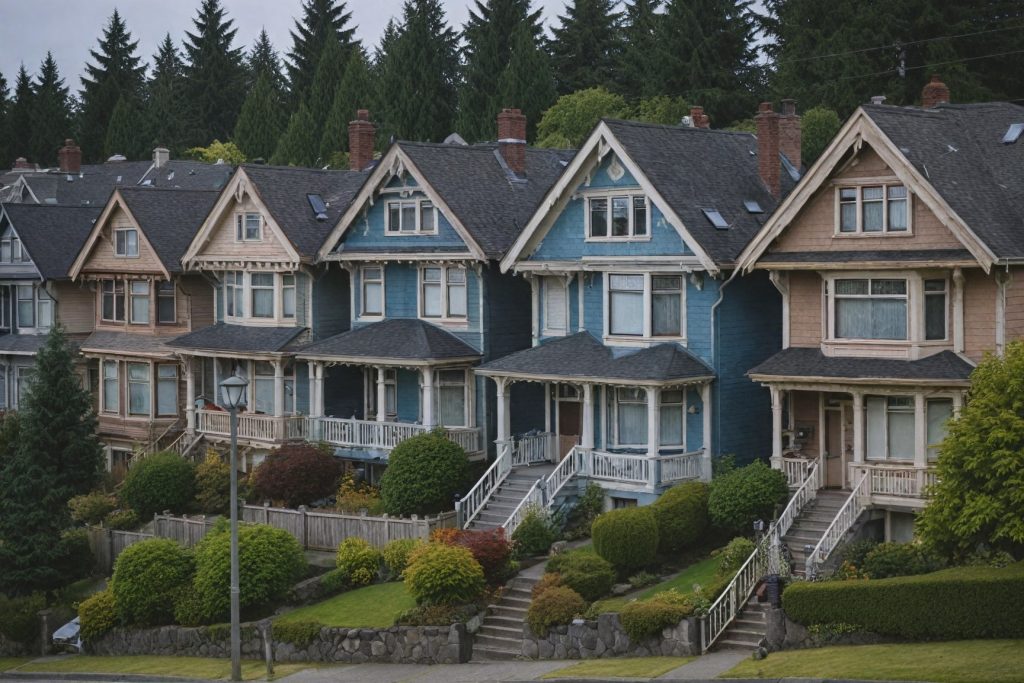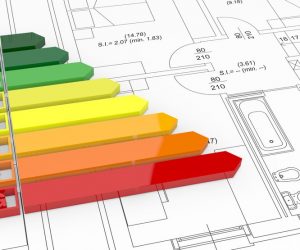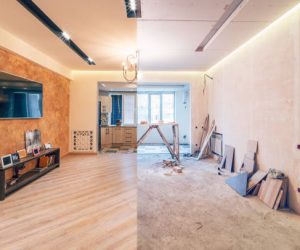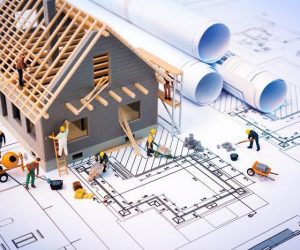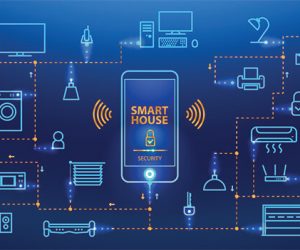Navigating Vancouver’s Updated Energy Requirements for New Homes
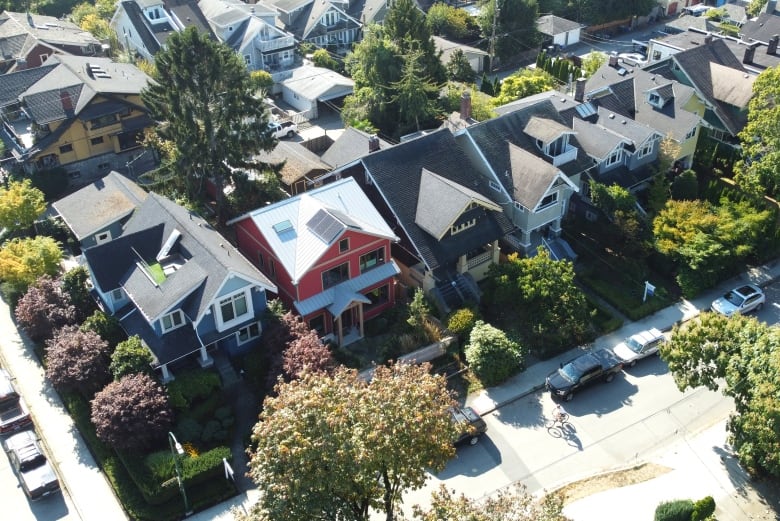
Are you on the brink of designing or constructing a new single-family or multi-family home in Vancouver? Whether you’re envisioning a cozy townhouse, a spacious family abode, or a modern laneway dwelling, understanding the city’s latest energy requirements is paramount. Effective January 1, 2022, Vancouver has implemented updated regulations under the 2019 Vancouver Building By-law (VBBL) for residential buildings ranging from one to three storey homes. These changes are aimed at enhancing envelope efficiency and curbing emissions in new low-rise homes. Here’s what you need to know:
Compliance Options:
Builders and designers now have three compliance pathways to choose from:
- Prescriptive Performance Targets: This option entails meeting predefined targets for envelope and mechanical components.
- Thermal Energy Demand Intensity (TEDI), Mechanical Energy Use Intensity (MEUI), and Greenhouse Gas Intensity (GHGI) Targets: Compliance involves verifying energy modeling to ensure alignment with specified targets.
- Passive House Certification: Alternatively, compliance can be achieved through Passive House Certification.
Mechanical System Requirements:
Heating and hot water systems in new low-rise residential constructions are subject to specific mandates:
- Electric Space Heating and Hot Water: For applications submitted after January 1, 2022, electric heating systems are mandated for most new builds.
- Mechanical Permits: Effective July 1, 2022, mechanical permits are obligatory for all new heating systems.
- Heat Pump Options: Electric resistance and electric heat pumps are viable options to fulfill heating requirements.
- Heat Recovery Ventilators (HRVs): Beginning January 1, 2022, installers must submit checklists at design, installation, and commissioning stages.
Tests and Evaluations:
To ensure compliance with the VBBL, builders must engage with an EnerGuide Energy Advisor throughout various stages:
- Pre-permit Checklist: Submission of a pre-permit checklist alongside the building permit application.
- Energy Modeling: Utilization of the EnerGuide HOT2000 software for home energy modeling.
- Blower Door Test: Conducting a blower door test to identify and rectify air leakage issues.
- Mid-construction Review and Final Evaluation: A comprehensive review conducted by the Energy Advisor during mid-construction and upon completion.
Energy Modeling Guidelines and Resources:
As Vancouver strives towards a more sustainable and energy-efficient future, these updated regulations mark a significant step forward in ensuring that new residential constructions align with the city’s environmental objectives. By embracing these requirements, builders and homeowners alike contribute to the collective effort in building a greener, more resilient community.
